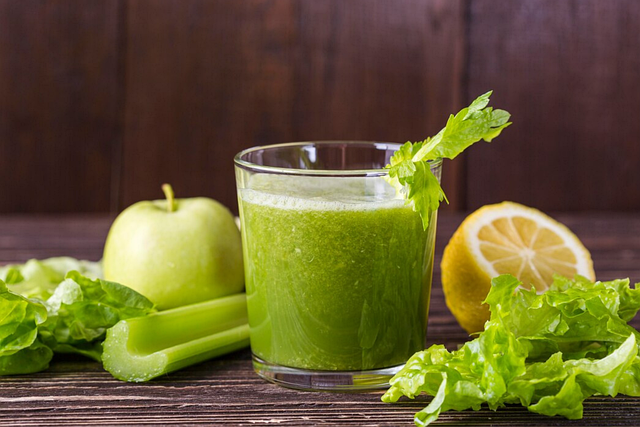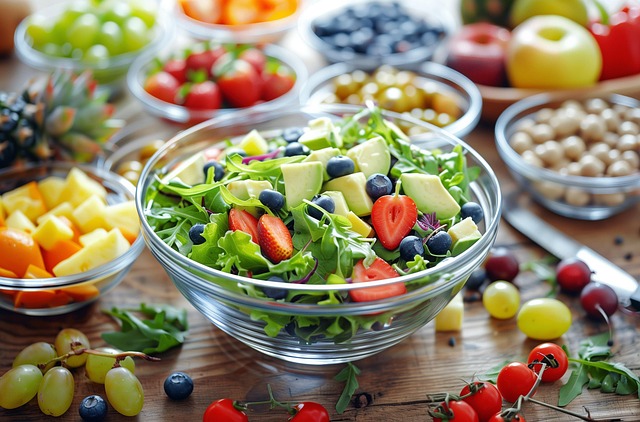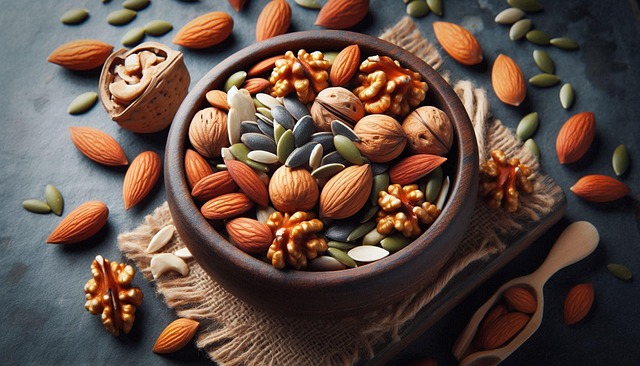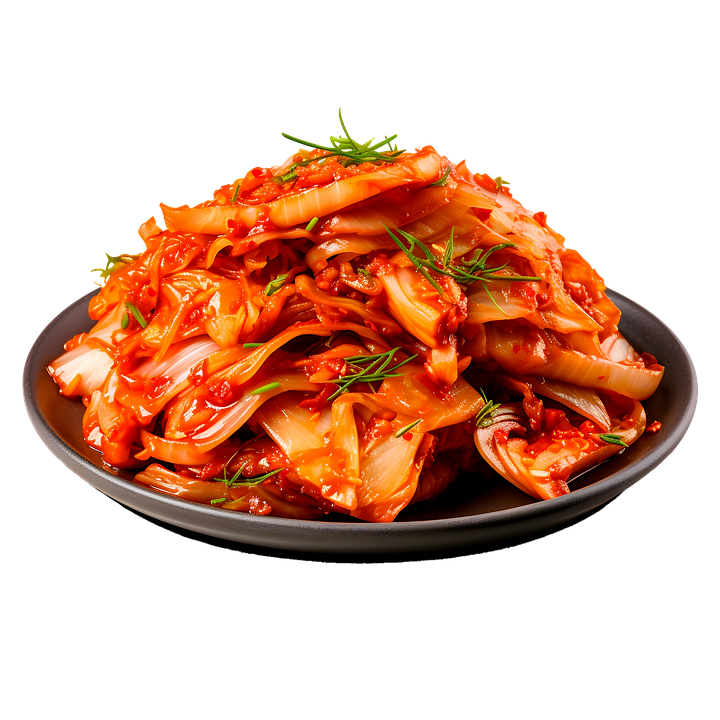If you’ve been on Instagram or TikTok lately, you’ll know what I mean when I say: diet advice is everywhere. Keto before-and-afters. No-carb challenges. Juice cleanses with celebrity endorsements. Plant-based glow-ups. And of course, the occasional viral story of someone who lost 20 kilos eating only one bizarre food (usually something you wouldn’t want to live on for a week, let alone months).

It’s overwhelming, confusing, and honestly — exhausting.
This year, I wanted to cut through the chaos and find out what really works in the world of diets. So, for The Wellness Algorithm, I invited dietitian Vidhi Chawla, who has built her practice on something refreshingly simple: balanced, sustainable, and personalized nutrition. No gimmicks. No shiny promises. Just food and habits that actually make sense.
And I have to say — the conversation left me both relieved and inspired. Here are the insights that stood out most for me, which together create your Ultimate Diet Guide for 2025–26.
It’s overwhelming, confusing, and honestly — exhausting.
This year, I wanted to cut through the chaos and find out what really works in the world of diets. So, for The Wellness Algorithm, I invited dietitian Vidhi Chawla, who has built her practice on something refreshingly simple: balanced, sustainable, and personalized nutrition. No gimmicks. No shiny promises. Just food and habits that actually make sense.
And I have to say — the conversation left me both relieved and inspired. Here are the insights that stood out most for me, which together create your Ultimate Diet Guide for 2025–26.

If there’s one thing Vidhi wanted people to remember, it’s this: avoid extremes.
Crash diets, extreme low-carb plans, and detox cleanses may give you quick results — but they’re not built to last. In fact, they may do more harm than good. Vidhi’s advice is beautifully straightforward: focus on a balanced plate, eat consistently, and don’t leave huge gaps between meals.

As she put it: “Every diet revolves around a balanced diet. A balanced diet has all the nutrients in the right quantity.”
This advice aligns with decades of research showing that restrictive diets are difficult to sustain and often lead to rebound weight gain (Harvard School of Public Health). Balance isn’t glamorous, but it’s the only approach that works long-term.

As she put it: “Every diet revolves around a balanced diet. A balanced diet has all the nutrients in the right quantity.”
This advice aligns with decades of research showing that restrictive diets are difficult to sustain and often lead to rebound weight gain (Harvard School of Public Health). Balance isn’t glamorous, but it’s the only approach that works long-term.

The wellness world is crowded with new trends. Some are genuinely helpful, but many are best avoided. Vidhi flagged three in particular:
The wellness world is crowded with new trends. Some are genuinely helpful, but many are best avoided. Vidhi flagged three in particular:

Instead of investing in powders or cutting out entire food groups, Vidhi urges us to lean into anti-inflammatory eating — a way of eating that genuinely supports health and longevity.Clinical trials like the ADIRA study have shown anti-inflammatory diets reduce disease activity and improve quality of life.
One of the most eye-opening points Vidhi shared was about food quality. A recent study found that people doubled their weight loss simply by swapping ultra-processed foods for home-cooked meals — without reducing calories.
Why does this happen? Ultra-processed foods are engineered by food scientists to confuse hunger signals and keep us eating more. They also drive inflammation in the body. Home-cooked meals, on the other hand, are nourishing, satisfying, and natural.
Vidhi’s advice is practical: if you can’t overhaul your entire diet immediately, just start with one home-cooked meal a day. Small, consistent steps matter more than dramatic overhauls.

Every year, the Mediterranean diet is crowned the healthiest in the world (U.S. News & World Report). And while it’s undeniably powerful, Vidhi reminded me that it’s not about eating like someone in Italy or Greece — it’s about following the principles of balance.
In India, that could mean replacing olive oil with mustard oil, eating seasonal fruits and vegetables, and using nuts and seeds as vegetarian sources of omega-3s.
Her message was clear: “Adapt, don’t copy.” A healthy diet is one that respects your local food culture and uses what’s available to you.
Every year, the Mediterranean diet is crowned the healthiest in the world (U.S. News & World Report). And while it’s undeniably powerful, Vidhi reminded me that it’s not about eating like someone in Italy or Greece — it’s about following the principles of balance.
In India, that could mean replacing olive oil with mustard oil, eating seasonal fruits and vegetables, and using nuts and seeds as vegetarian sources of omega-3s.
Her message was clear: “Adapt, don’t copy.” A healthy diet is one that respects your local food culture and uses what’s available to you.

Another point Vidhi emphasized is the importance of paying attention to our body’s signals. Before running after complicated tests or supplements, tune in to what your body is already telling you:

In her words: “Your body whispers before it screams. Learn to listen.”
Another point Vidhi emphasized is the importance of paying attention to our body’s signals. Before running after complicated tests or supplements, tune in to what your body is already telling you:
In her words: “Your body whispers before it screams. Learn to listen.”

Much of Vidhi’s work is with women navigating hormonal imbalances, thyroid issues, or PCOS. She offered simple yet powerful practices:
This echoes the findings of a 2022 review showing that dietary approaches tailored to female hormone cycles can improve outcomes in PCOS and other conditions (Nutrients Journal).
If you’ve ever started a diet strong and then “fallen off” a few weeks later, you’re not alone. Vidhi explained why this happens: most diets fail because they’re unsustainable.
Food alone isn’t enough. Mindset, stress, and sleep are just as critical. Chronic stress raises cortisol, which disrupts insulin and metabolism, making weight loss harder. Sleep deprivation does the same.
Which means your health isn’t just about what’s on your plate — it’s also about what’s on your mind and how much rest you’re getting.


If you’ve ever started a diet strong and then “fallen off” a few weeks later, you’re not alone. Vidhi explained why this happens: most diets fail because they’re unsustainable.
Food alone isn’t enough. Mindset, stress, and sleep are just as critical. Chronic stress raises cortisol, which disrupts insulin and metabolism, making weight loss harder. Sleep deprivation does the same.
Which means your health isn’t just about what’s on your plate — it’s also about what’s on your mind and how much rest you’re getting.
When I asked Vidhi to condense her years of experience into three simple habits for 2025–26, she gave me this golden trio:
And her bonus tip? Walk for ten minutes, about thirty minutes after every meal. It’s free, it’s simple, and it can transform your health.
What I loved most about my conversation with Vidhi was its clarity. We don’t need magic bullets or viral trends. What we need is balance, local food, mindful habits, and compassion for ourselves when we stumble.
As she reminded me: diets don’t work because they’re trendy. They work because they fit you — your life, your body, and your values.
So as we step into 2025–26, let’s stop chasing the next shiny thing. Instead, let’s anchor ourselves in the basics: real food, consistent movement, quality sleep, and stress management. Because in the end, wellness isn’t about restriction — it’s about creating a rhythm that nourishes you today, and sustains you for years to come.

| Cookie | Duration | Description |
|---|---|---|
| cookielawinfo-checkbox-analytics | 11 months | This cookie is set by GDPR Cookie Consent plugin. The cookie is used to store the user consent for the cookies in the category "Analytics". |
| cookielawinfo-checkbox-functional | 11 months | The cookie is set by GDPR cookie consent to record the user consent for the cookies in the category "Functional". |
| cookielawinfo-checkbox-necessary | 11 months | This cookie is set by GDPR Cookie Consent plugin. The cookies is used to store the user consent for the cookies in the category "Necessary". |
| cookielawinfo-checkbox-others | 11 months | This cookie is set by GDPR Cookie Consent plugin. The cookie is used to store the user consent for the cookies in the category "Other. |
| cookielawinfo-checkbox-performance | 11 months | This cookie is set by GDPR Cookie Consent plugin. The cookie is used to store the user consent for the cookies in the category "Performance". |
| viewed_cookie_policy | 11 months | The cookie is set by the GDPR Cookie Consent plugin and is used to store whether or not user has consented to the use of cookies. It does not store any personal data. |